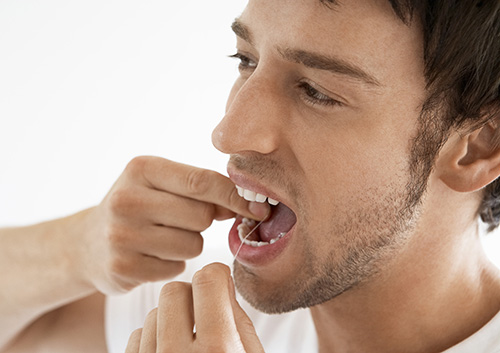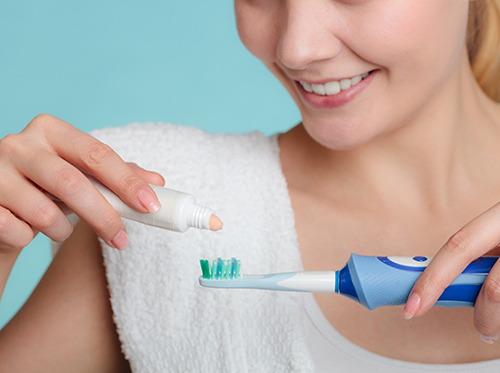How does whitening toothpaste work and how effective it is at whitening teeth?
October 16th, 2025

Brushing your teeth twice a day with fluoride toothpaste that has the American Dental Association seal of approval can help prevent tooth decay and relieve other conditions, such as bad breath, sensitive teeth, and gingivitis.
Beyond these health effects, another motivation for frequently brushing your teeth with high-quality toothpaste is to keep your teeth white. If you want whiter teeth but do not want to undergo in-office or at-home bleaching treatments, you might consider choosing whitening toothpaste for your daily brushing.
Why Consider Whitening Toothpaste
Whiter teeth are more attractive, which can help you feel more confident in your smile. Your smile is also one of the main components of the first impression you make on people in your professional and personal life. Having a whiter smile and greater self-assurance can send the message that you take care of yourself and are confident in your abilities.
How Whitening Toothpaste Works
The American Dental Association explains that all toothpaste has whitening properties because they help remove food particles from your teeth. To carry the American Dental Association seal for whitening, however, toothpaste must contain certain chemicals that help remove stains.
Unlike bleaching products, which contain carbamide peroxide or hydrogen peroxide, whitening toothpaste only cleans the enamel rather than changing the color of your teeth. To obtain the benefits of whitening toothpaste, you need to use it regularly.
The Effectiveness of Whitening Toothpaste Varies
Due to individual variations in the color of your teeth, some people are more likely than others to achieve the desired results with whitening. Teeth that are tinted grayish are unlikely to respond well to bleaching, while brown teeth can sometimes respond, and yellowish teeth are most likely to become pearly white with bleaching.
If Dr. James Robson and our staff believe that bleaching is not a viable option for you, proper oral hygiene and the use of a whitening toothpaste are your best bets for keeping your teeth as white as possible. In addition, avoid using tobacco products, and rinse your mouth after drinking coffee.



